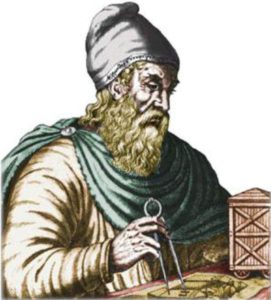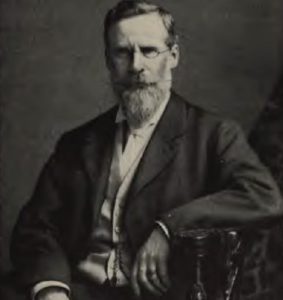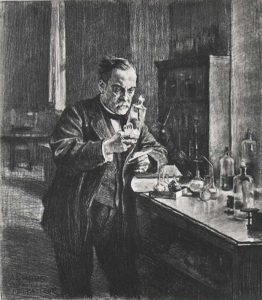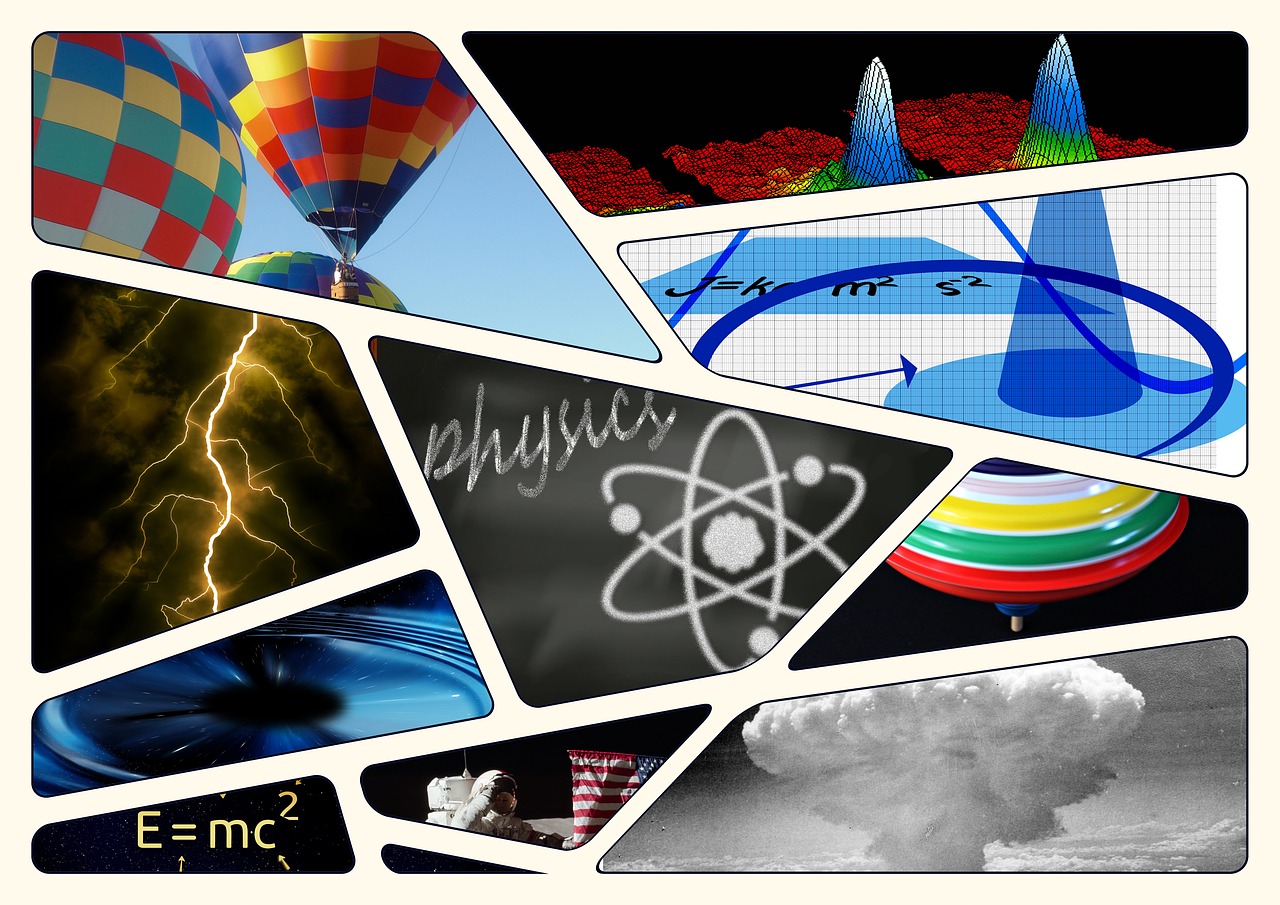We all know that our history was not marked only by wars, plagues and other morbid events. There are plenty of people in the world’s history that managed to shine some light of creativity on the world we live in. When we think about the great minds, science, discoveries and history there are plenty of names we could immediately think of.
So, take a look at this list of some of the greatest scientists in history and what kind of discoveries they made.

Archimedes
When studying about the ancient times, we usually come across the name Archimedes.
Archimedes of Syracuse was a Greek scientist and mathematician who made some incredible discoveries in the fields of mathematics and physics.
However, he was also an inventor. Namely, he created the Archimedes’ screw which is one of the greatest tools for irrigation and for lifting divided grain, ash, sand and smaller rocks. It was used to transport these solids from one lower point to another higher point.
Pierre Curie
Pierre and his wife Marie Curie shared a Nobel Prize in Physics in 1903 with Henri Becquerel. The field they worked on was mainly within the realm of radioactivity. However, Pierre also made another discovery together with his brother. It was piezoelectricity. Afterwards, the duo also invented the piezoelectric quartz electrometer used to detect and also measure electric charge.
Not only that, but due to his early discovery, Pierre actually partially granted the Nobel Prize for Marie Curie, Henri Becquerel and himself. Mainly because the work they did was based on measurements made using the piezoelectric quartz electrometer.

William Crookes
William Crookes was a British chemist and physicist who discovered element thallium and also named this element.
As far as his inventions are concerned, William Crookesinvented the Crookes tube that was obviously named after him. This is an evacuated electrical discharge tube used to create cathode rays. It is believed that Crookes didn’t understand the potential of the invention he created or what it was actually.
In addition, Willian invented 100% ultraviolet blocking sunglasses.
Wilhelm Röntgen
Another scientist who received a Nobel Prize in Physics, Wilhelm Röntgen, discovered one of the widely used forms of electromagnetic radiation, X-rays in 1895. In addition, Röntgen then invented X-ray photography that is greatly used in medicine even today. The first X-ray photo ever taken was of his wife’s hand showing all the bones. This eventually granted the scientist an honorary degree in medicine at the University of Würzburg.

Louis Pasteur
A French chemist, biologist, and microbiologist, Louis Pasteur made a significant discovery about the molecules. He discovered that they have mirror images, or left and right-handed versions of a chemical compound. Up until he made the discovery, everything was attributed to spontaneous generation.
Basically, according to the biological discoveries at that time organisms such as bacteria or other could spontaneously appear anywhere. He made that theory go to oblivion quickly. Louis Pasteur then invented pasteurization in 1862 which later made a great impact on the food production and food industry.

